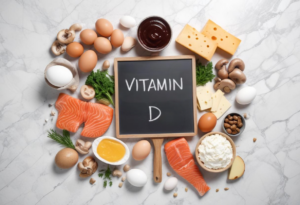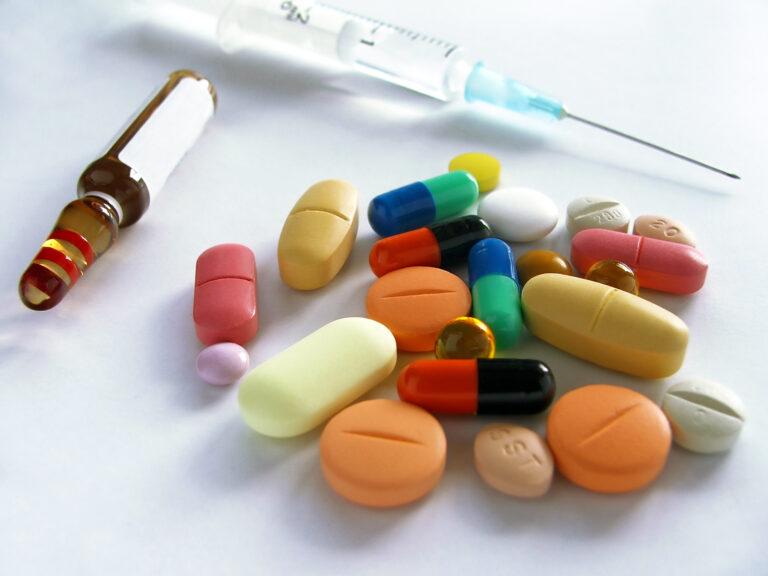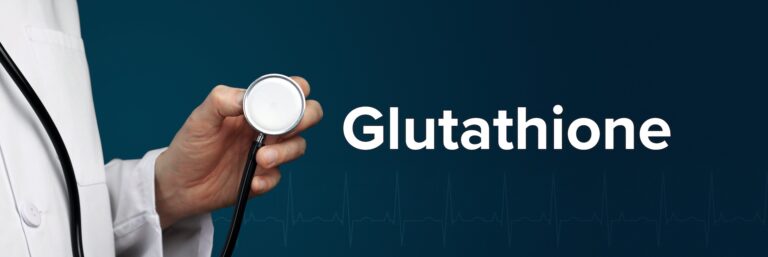Menopause is a major change in a woman’s life, characterized by hormonal changes that may trigger a variety of physical and emotional alterations. One of the most prevalent yet underdiagnosed conditions during menopause are vitamin D deficiency and depression. Research indicates that vitamin D deficiency could be one of the reasons for mood disorders in menopausal women, possibly worsening the symptoms of anxiety, fatigue, and sadness.
Vitamin D is important to multiple functions in the body, such as bone structure, immune function, and brain health. It is also said to affect serotonin production, a neurotransmitter that controls mood. Vitamin D deficiency has been associated with increased rates of depression, and especially in women going through menopause. Considering that menopausal women are already predisposed to both deficiency of vitamin D and depression, it is critical to attend to this nutritional deficiency.
The good news is that vitamin D shots offer a convenient and reliable method of refilling this very important nutrient. At The IV Lounge, we provide top-notch vitamin D shots, with 50,000 IU of vitamin D (1.25mg/mL), to help stabilize mood, build healthy bones, and overall well-being. If you’ve been feeling moody, tired, or weak with bones, replenishing your vitamin D stores may be the key to your health missing from the puzzle. Continue reading to learn about the link between vitamin D deficiency and depression in menopause—and how you can assert control over your health.
The Role of Vitamin D in Mental Health
Vitamin D is also renowned for its positive effects on bone health but has a crucial effect on mental health as well. Studies indicate that vitamin D has effects on brain functioning in various ways, such as:
- Serotonin Production
Vitamin D assists in regulating serotonin production. As serotonin is an important neurotransmitter involved in mood stabilization, its deficiency has been associated with depression. A study has established that low vitamin D levels were associated with an increased risk of depression.
- Brain Receptors for Vitamin D
The brain possesses vitamin D receptors, so the nutrient has a direct influence on brain function. Vitamin D takes part in neurotransmission, emotional processes, and cognitive functions. When the levels of vitamin D decrease, such processes might be deranged, causing mood fluctuations and depressive attacks.
- Inflammation Control
Chronic inflammation has been linked to depression. Vitamin D is anti-inflammatory, which diminishes inflammation within the brain and body. Insufficient vitamin D can cause a rise in inflammation, which might exacerbate depressive symptoms.

Are Menopausal Women at Greater Risk of Vitamin D Deficiency?
Menopause introduces hormonal changes that may have a detrimental impact on the way the body absorbs and metabolizes vitamin D. Here’s why menopausal women are especially at risk:
- Decreased Estrogen Levels
Estrogen is involved in helping to keep bones strong and aiding the body’s calcium intake. Since estrogen decreases when women are undergoing menopause, the capacity for holding onto firm bones is also lost. Osteoporosis becomes more likely, as well as fatigability and depression, without adequate vitamin D.
- Reduced Sunlight Exposure
Most menopausal women spend fewer hours out of the house because of their work, lifestyle, or fear of premature aging of the skin. As sunlight provides the body with its natural vitamin D supply, decreased sun exposure can cause deficiency.
- Metabolic Changes
Aging influences how the body metabolizes nutrients, including vitamin D. That is, even when dietary consumption does not change, the body does not absorb vitamin D as well as it used to.
The Relationship Between Vitamin D Deficiency and Depression
There is a relationship between vitamin D deficiency and depression, especially in menopausal women:
A study in Menopause: A study in 2020 reported that women who had lower levels of vitamin D were more prone to experiencing symptoms of depression during menopause.
A study in The American Journal of Clinical Nutrition suggested that those with greater intake of vitamin D had a 21% lower risk of depression than those with less.
A meta-analysis in The Journal of Affective Disorders validated that vitamin D supplementation reduced depressive symptoms in patients with vitamin D deficiency.
These results indicate that treatment of vitamin D deficiency may be a critical strategy in the management of menopause-related depression.
How to Improve Your Vitamin D Levels?
If you are concerned about a vitamin D deficiency, the first thing to do is have a blood test to determine your levels. Based on the results, there are a few ways you can get your vitamin D levels back up to optimal levels:
- Vitamin D Supplements
Vitamin D supplements are widely available over-the-counter, but like with many things, everyone absorbs differently. Oral supplements will work, but they can take longer to kick in.
- Sunlight Exposure
15-30 minutes of direct sun exposure a few times a week will boost vitamin D levels, but sunscreen and protective clothing, while they’re essential for skin health, have the effect of restricting vitamin D production.

- Vitamin D Foods
Some foods have vitamin D present naturally in them, such as:
- Fatty fish (salmon, mackerel, tuna)
- Egg yolks
- Fortified dairy products
- Orange juice
- Mushrooms
- Vitamin D Shots for Quicker Absorption
For an even faster alternative, vitamin D shots deliver a highly bioavailable method for elevating levels of vitamin D. The vitamin D shots eliminate the need for digestion and go straight to absorption.
Through our vitamin D shots at The IV Lounge, our 50,000 IU vitamin D (1.25mg/mL) serves to help maintain mood balance, immune status, and general wellness. The Vitamin D shots regularly help eliminate symptoms of depression, boost brain function, and encourage bone health.
Who Can Benefit from Vitamin D Shots?
Although vitamin D shots are healthy for everyone, they are especially helpful for:
- Menopausal Women: To fight depression, fatigue, and bone loss.
- People with Depression or Anxiety: To aid serotonin production and mood stability.
- People with Limited Sun Exposure: People who work inside or reside in areas with extended winters.
- Athletes and Active Individuals: To aid muscle recovery and inflammation reduction.
- Older Adults: To reduce risk of osteoporosis and preserve cognitive function.
Take Control of Your Health with The IV Lounge
Menopause can be difficult, but you don’t have to suffer through it alone. If you’re feeling moody, tired, or depressed, it may be time to test your vitamin D levels. At The IV Lounge, we provide vitamin D shots that administer high-dose vitamin D directly into your system, providing quick and effective results.
Our Vitamin D shots have 50,000 IU (1.25mg/mL) of pure, high-quality vitamin D to maintain healthy bones, brain function, and immune system. With our skilled professionals, high-quality ingredients, and dedication to safety, we offer a reliable solution to make you feel your best.
Don’t let vitamin D deficiency get the best of you—book your vitamin D shots at The IV Lounge today and start on the path to a healthier, happier you!












